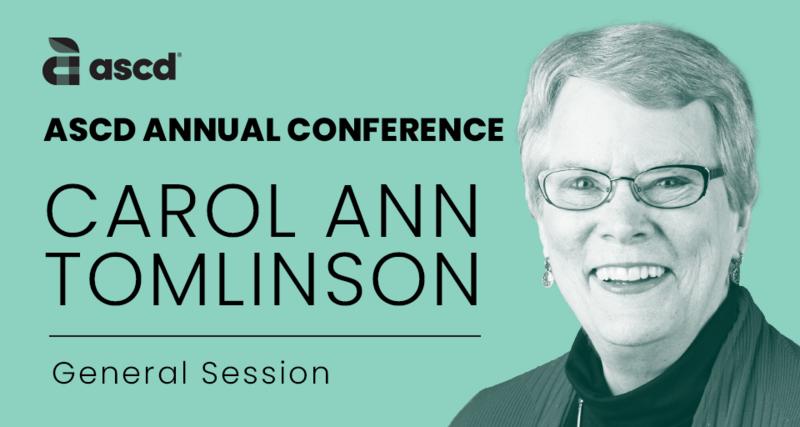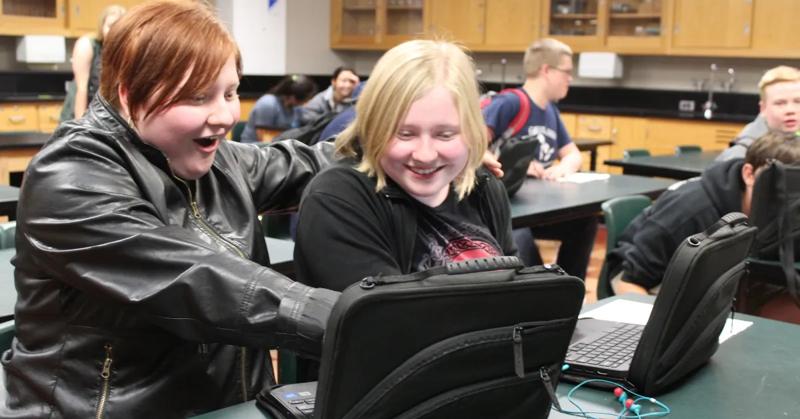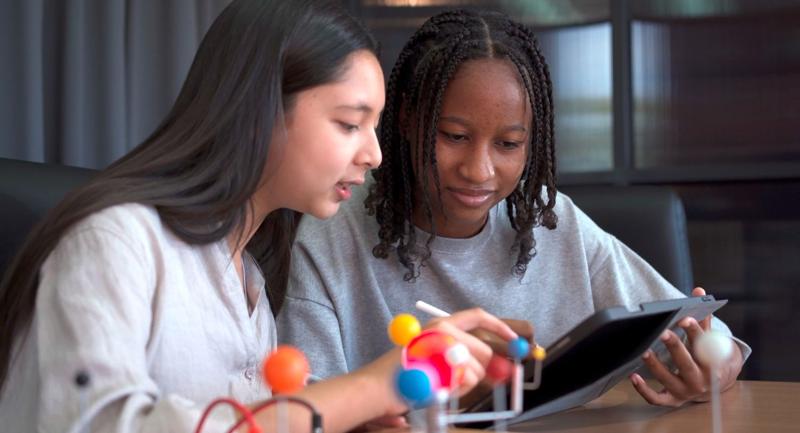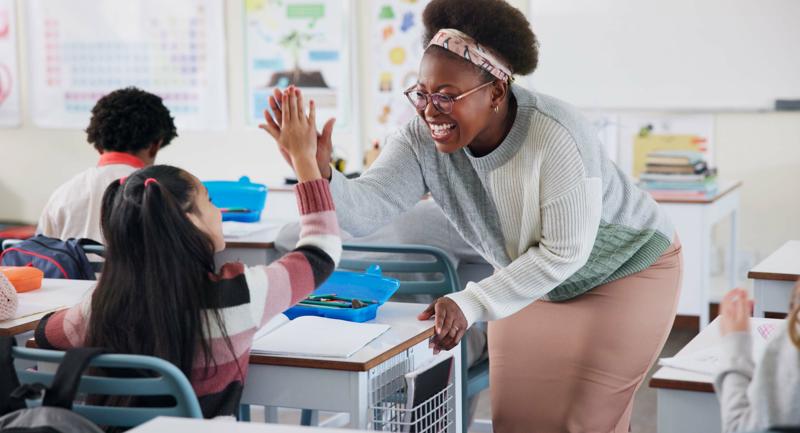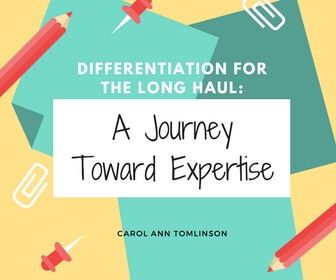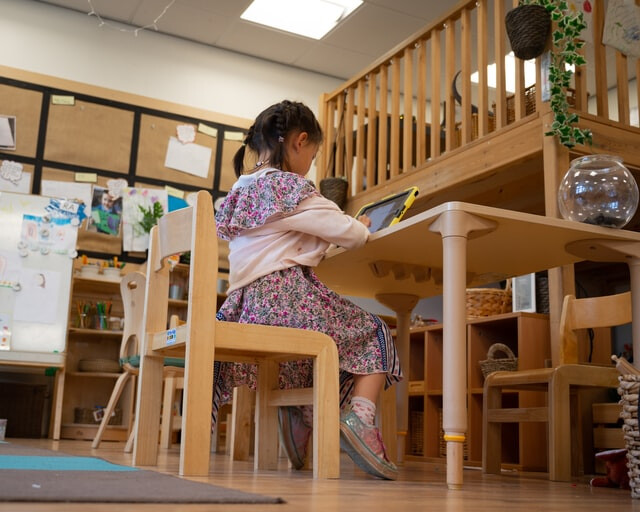Students’ insights are real and worthy of our attention, says ASCD author Carol Ann Tomlinson. In her recent keynote luncheon at the ASCD Annual Conference, “Listen to What the Kids Say,” Tomlinson shared how our students—often the last ones we turn to for feedback—can provide a deeper sense of what good teaching looks like. Below, she provides key takeaways.
How can teachers be better listeners to what students have to say?
To be a better listener, you have to have at least two things: one is the intention to do that, to make it a priority, and two, there has to be an occasion to listen to somebody. That sounds very simple, but it’s true. Teachers feel so many pressures in their classrooms that they often say to me—not in a hostile way, they’re just stating reality—that "I don’t have time to get to know the kids. I have to cover all this stuff.” Or “Our schedules have so many interruptions, there’s just no way.” As a teaching profession, we suffer both with knowing there’s a need to connect with kids and feeling those pressures that say we can’t.
We have to understand though that there’s really a value in that, that one of the things we know most clearly from research is that student-teacher relationships are the pivot point for almost everything else that follows.
I know I don’t teach nearly as well as I could when I don’t know these human beings I’m teaching. To know them better and to teach them better means to have opportunities to listen carefully and talk less.
What kind of feedback opportunities are routinely overlooked in classrooms?
One thing I discovered from teaching is that listening needs to have a subset or another cover term with it—watching, observing, being with, attending to. At the beginning of my teaching career, I would get to school early in the morning—which lots of teachers do—running around in circles, fixing things, making sure everything was just right. By the time students arrived, I was exhausted!
On one of those mornings, when I was standing in my classroom, I looked out the window and saw a drama unfold as kids were getting off buses [a young girl was shoved to the ground by a classmate]. At that moment, it occurred to me how many things kids bring into the classroom with them that I never see, never think about.
So, I got to the place where I would just watch. I’d stand for five or 10 minutes and watch the kids out in the yard before they were signaled to come into the building. Or watch them at lunch, or watch them at an athletic event, or watch them perform a show in the auditorium. The intent to just see what I could see was part of the listening.
What other ways did you gather feedback from students?
One of the most powerful things I ever did was stand at the door religiously when kids came into and left my classroom. That minute that you can say something to a kid [and really learn who they are] is powerful. You don’t think about that mattering much, but if you’ve done it 180 times in and 180 times out during the year with kids, that makes a difference.
I also saw a high school teacher in Chicago do something meaningful: Anytime he gave kids a piece of paper that had to be completed, at the top of the page he would have a space for their name and class period, but under that he would include a stem for a sentence or a question he wanted them to answer like, “What’s your favorite TV show right now?” Or “Where would you rather be right now than in my class?” I thought that was kind of gutsy. The kids responded to those questions [authentically] because they believed it was a sign that he cared to know them. And then he used that information to make up scenarios with what they were studying in class or to make connections with what they were interested in.
What are your favorite questions to ask students to elicit honest feedback?
I think it depends on the climate of the class. But I’d ask questions like, What’s good that’s going on for you? How can we make it better? What’s not so great and how can we make it better? I say we because I have an obligation as a teacher [to help improve things], but in many cases so do the students.
What’s the best piece of advice you’ve ever gotten from a student?
I once had a student who stayed after class one afternoon and asked me to not put grades on her stories. The students had been keeping cloth-bound journals of their best pieces [and each one had a grade marked at the top]. She said, “Ms. T, every piece of writing I’ve done so far I did either on the school bus or in the cafeteria in the morning. And on every one of them you gave me the highest possible grade. That ought not to be what that means.” In other words, she was saying, If you’re going to give me a grade, make it honest. I wrote an article on that called “The Easy Lie.” What she was communicating was, I’m not having to stretch and you’re telling me my work is excellent. Can you stop? She got me to think about grades and what impact they really have on kids. It was revolutionary to me.
This interview has been edited for space.
